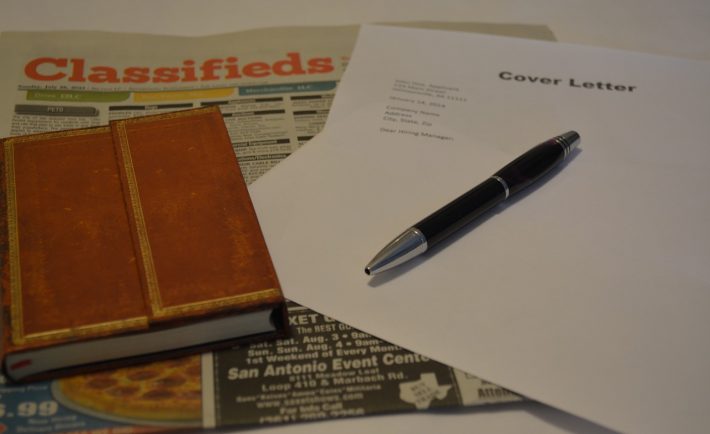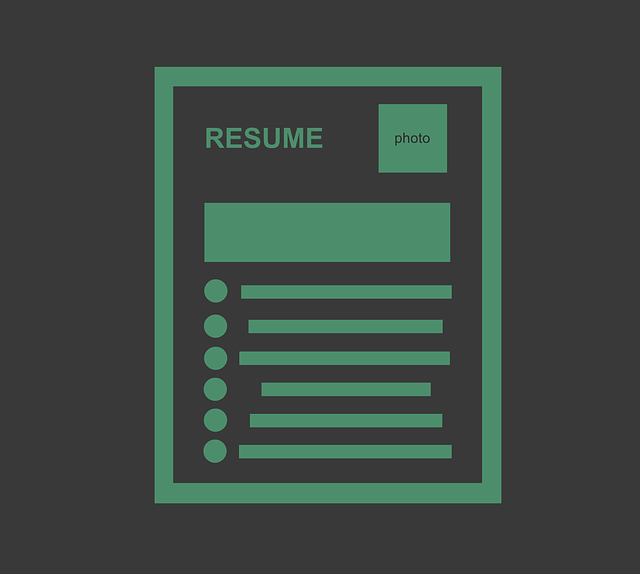The premise is simple. Your Cover Letter (CL) is meant to complement and highlight the content of your Curriculum Vitae (CV). You probably written several job applications, so you will have an idea of how a CL should be structured. However, you may make the same mistakes over and over again.
CASE OF MISTAKEN IDENTITY
As a newbie in the workforce, you may think that sending as many job applications as you can will boost your chances of landing an interview. There is just one problem! You forgot to alter the “company’s name”. This may be an obvious thing, but it happens to the best of us.
Putting the wrong company name instantly sends poor impression. Avoid this mistake by asking a trusted friend or family member to proofread your Cover Letter and Curriculum Vitae.
IN THE SEA OF EXCUSES
Tackling the excuses of a co-worker who regularly takes time off work is irritating! Imagine if you applied the same tone to your CL. As CLs generally have a maximum length of one page, you do not have to expand on the reasons why you hop to different occupations, why you left the previous companies, or why you missed some opportunities.
Rationalizing your actions may take away the attention from your valuable assets and transfer it to the things that weigh you down.
PAGES OF A LENGTHY NOVEL
When the interviewer looks at your CL, he or she scans for the keywords. This is why you must keep your document concise and straightforward. Who likes reading a mountain of text, anyway? Not me!
Writing more content does not necessarily mean that your CL is better. As I said above, a single page is enough. Describe how your experience and qualifications fulfill the requirements of the position that you are applying for. Then, wrap things up.
MONEY, MONEY, MONEY
The issue of money is somewhat of a grey area. You shall not reveal your expected salary right away in a CL, unless you are specifically asked to do so. It is not the right place or time to negotiate your salary.
As Lisa Benson, the President and CEO of Mary Kraft Staffing & HR Solutions, once said: “No prospective employer wants to hire someone who is only about the money.”
GENERIC IS THE BRAND
Shy away from cliché phrases, if you want to show your enthusiasm towards the job. The interviewer or the recruiter receives countless applications that merely enumerates their skills (e.g., team player or hardworking). Shine above the rest by backing your unique skills with facts and results.

Image Credits: pixabay.com
One of the issues that recruiter’s encounter is reading endless generic statements. So, be unique!



